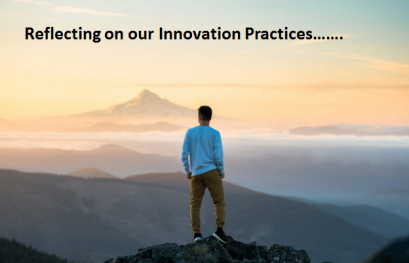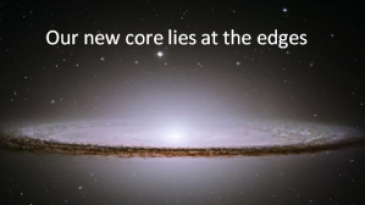
No energy transition will be achieved without invention and innovation, yet we are failing badly at present to fund research, development and deployment. We are losing the race to stop our planet warming as our innovative human endeavours are not at the level they should be, or we simply lack the “will” to make the changes we so desperately need to undergo to protect our planet.
My focus continues to get deeper and deeper into the Energy Transition from my innovation perspective, it is highly critical to our future.
I provide different perspectives and thinking, firstly on my innovating4energy.website for my offerings of service and a dedicated posting site for energy, innovating4energy.com that provides a decent mix of thought leadership, news and awareness, for the Energy Transition.
Do visit these sites if you are curious and want to understand more about the Energy Transition we are all undergoing (really all of us in the World). Also, I can only encourage you to get in touch to see if we have areas of some collaboration opportunities.
So let me get back to what this post is about, providing critical reference points on technologies we need to improve and innovate.
One really rich reference site is the Internation Energy Agency, the IEA who provide some incredible, in-depth knowledge for “Shaping a secure and sustainable energy future for all.”
On their extensive site, they provide constant updates. This site is primarily a place I go back and constantly check when it comes to the progress on the technologies that need to be researched, developed and deployed.
Having the insights and their knowledge helps knowing if we are on track and going to be successful in transforming our Energy Systems. And make the dramatic contribution level for us to achieve the net-zero pathway we need to have in place by 2050.
Continue reading “We are falling badly behind on our invention in technology for the Energy Transition”









